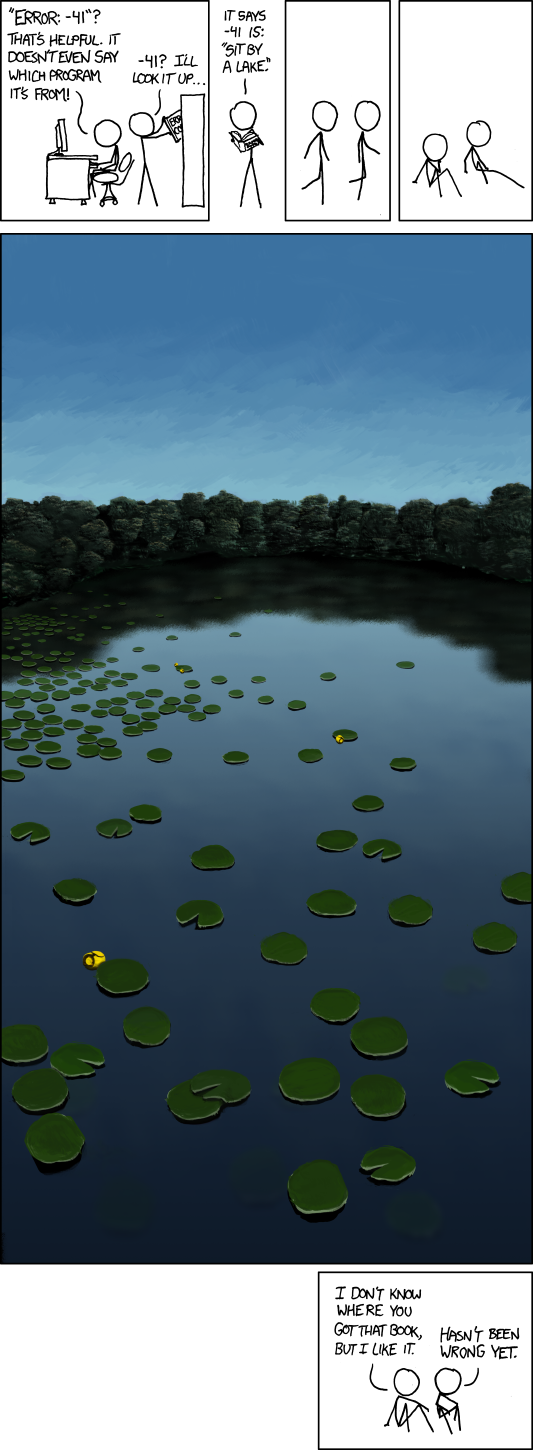1. Tonite
“Trudy, you have to come see this,” I said, coming in from the backyard.
“Is it about the compost?” she asked.
“No,” I said and walked back outside.
“Wow,” she said, looking at the clear sky. “The stars are bright.”
2. Last Fall
Back in the fall, just as it was starting to get cool at night, Trudy and I sat on the bench in the front yard looking east with Venus setting behind us. Jupiter was rising.
We gazed at Jupiter and looked at the Galilean satellites with binoculars. I kept turning my head to the west to look at Venus, too. What an amazing light show, one in the west going down, one in the east coming up.
That was months ago. In the meantime, Jupiter has been catching up to Venus.
3. Last Week
I had just worked out at the gym. The sun had gone down a while before. Now it was mostly night.
Venus was shining bright above fading dim red memory of sunset. Jupiter was higher in the sky. The Moon was next. And now I turned to the east to see reddish Mars rising.
And I turned back to the west to find Mercury.
The reddish/pink of day’s end was still too bright, and there was nothing to see from the horizon up to Venus. So I stood out there and searched, not knowing quite where to look.
I walked around the parking lot, thinking that the glow of the streetlights might have been the problem. But there was nothing to see, no stars and certainly no Mercury.
I started walking to my car but stopped short. I turned back and headed out into a field beyond the parking lot. A man walking into the gym eyed me nervously. I smiled as we passed and kept walking.
And then I looked up and it was there: Mercury clearly visible just above the last hints of sunset.
Mercury and then Venus shining brightly and then Jupiter and then the Moon and then Mars. The plane of the ecliptic etched across the heavens above me.
4. Tonite Once More
We are standing in the backyard in the dark. Orion is directly overhead.
“Wow. The stars are bright,” Trudy says.
“Look over there,” I say.
I point to the west. And there they are, shining brightly side by side over the roof of the house: Venus to the right, Jupiter to the left and just a little bit behind.
I confess, I tend to be a cynic about celestial events, finding that the hype often eclipses the event. But this conjunction is something else. It really is quite amazing what is going on these days just after sunset.
Go out and see it if you can.
